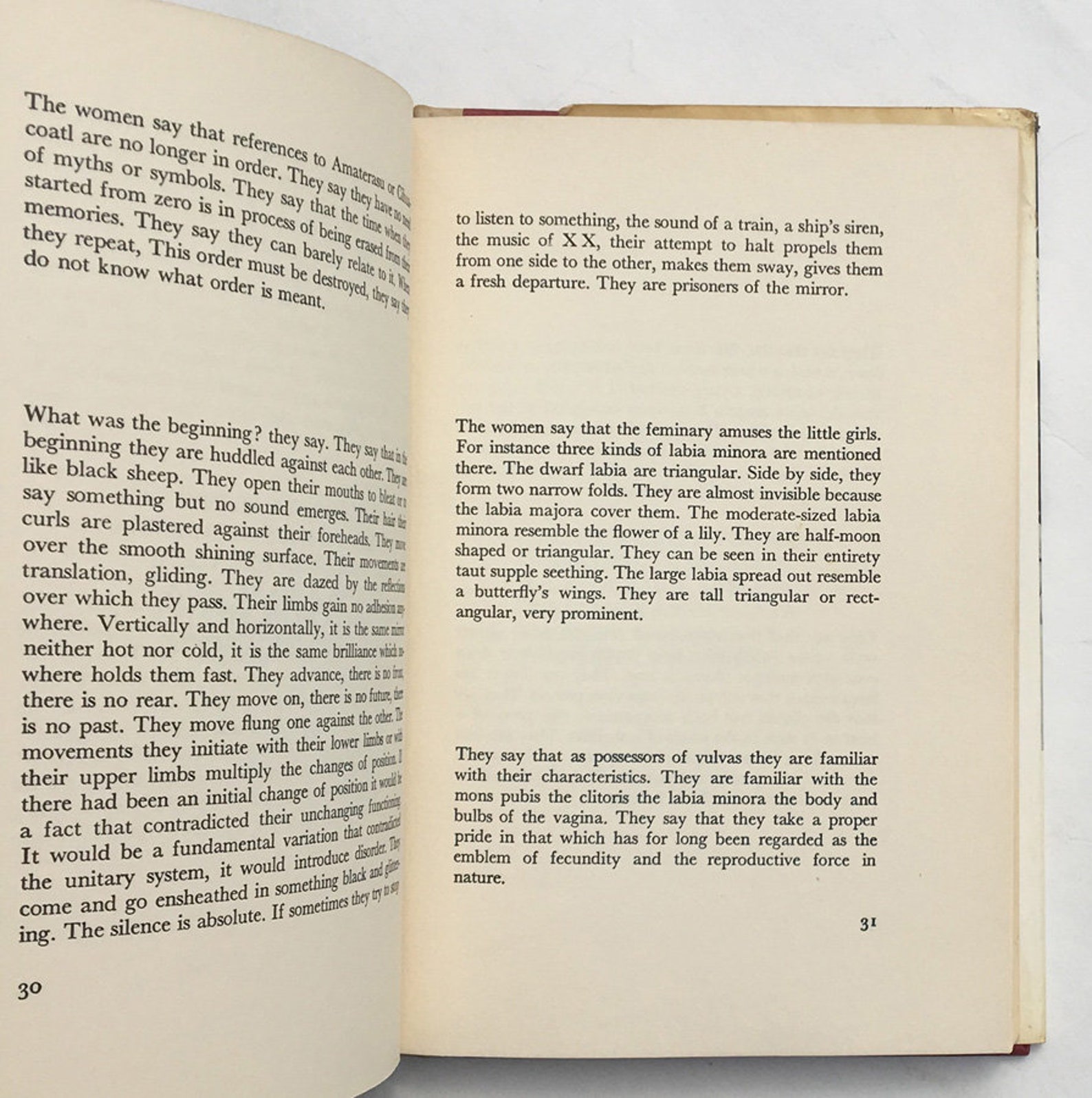

With the defiant lexical invention of "warrior women," the author commences a primary act of social subversion in which the nearly exclusive and ancient control of warfare and mastery of arms by men is shared now with women.

Instead, "Guerilleres" connotes a deliberate and conscious push against convention on the writer's part. Bourque's remarks point out that Wittig goes far beyond the mere feminization of an extant noun in French, which would have been a simple enough linguistic transposition. 'guerilleres' plutot que 'guerrieres' ou 'guerilleros' (guerilleros n'existe pas dans le dictionnaire)" (Bourque 93). Car elle n'hesite pas a changer la graphie des mots. As Dominique Bourque notes, "Le lecteur est frappe par les violations que Wittig inflige a la langue francaise. The name of the book itself immediately underscores the historical instability of gender inequity and calls into question why such a term had never existed previously in a feminized form: the feet that there had always been "guerilleros" and never any "guerilleres" draws attention to the historical perpetuity of gender power imbalances. However, the name of the novel itself is a neologism, an entwining of the masculine word "guerillero" with the feminine suffix "ere" in French. Monique Wittig's second novel Les Guerilleres is obviously a tale of war, given that the morpheme "guerre" is clearly discernible in the work's title.


 0 kommentar(er)
0 kommentar(er)
